0 Comments
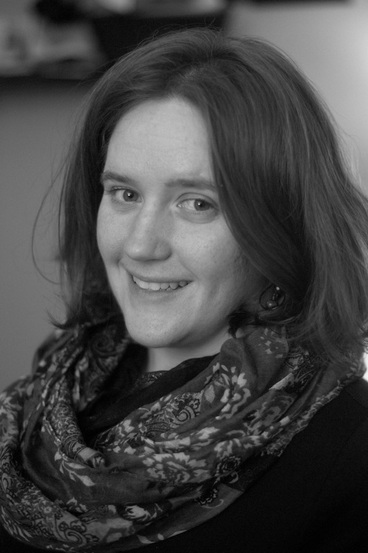 Cari Dubiel is a librarian and writer in Northeast Ohio. She serves as Library Liaison to the National board of Sisters in Crime. Her fiction and essays appear around the Web, and she is the co-host of The ABC Book Reviews podcast. Find Cari at www.caridubiel.com and www.abcbookreview.com. Part of the reason I found Cari's story, "Life Sentence", especially striking was due to its sensory qualities, especially scent. I felt like I was really in Victorian London while reading the tale, because I've often suspected the city stunk more than mentioned in the average cozy. How did you come up with the idea for your story in History and Mystery, Oh My? The germ of the story came at our local drive-in hot dog place. I was watching an older couple sitting in a car across from us. There was an eerie synchrony to everything they did: ordering, eating, paying the check. I wondered what it would be like to be married for that long, and what would happen if one of them died. Then, I started wondering what else could happen in that scenario, and what other conflicts could arise if I put that couple into Victorian London. I hope they didn’t notice me watching them! Do you have a favorite historical period you enjoy reading or writing about? My husband can watch the History Channel for hours, but I tend to get bored with straight history. I am more interested in context. How were people different in different eras? What were their personal challenges? With those questions, I can immerse myself in any historical period. I love English settings as well, hence my interest in my story’s setting. Do you have some special education that helps you write historical fiction, or do you deal with history in your profession? I’m a librarian, and in 2010, I spent the year writing the Centennial keepsake book for my library. I spent a lot of time searching through primary sources and working with the library’s Centennial committee. That led me to start writing historical mystery plays for the library as well, and we’ve performed three of them so far. Now I manage the computer lab, so I don’t have as much time for reference librarianship, but I try to keep my skills as sharp as possible. We have to find the right balance between honoring the past and trying to predict the future, while helping our patrons navigate through a constantly shifting present. What are you working on now? I am primarily writing short stories right now. One of my latest works features Violet, my protagonist for this story, again. I also have a few contemporary mysteries and science fiction shorts in the works. Okay, so you're an author. What do you enjoy reading? Like many librarians, I read widely. Mysteries, of course – all kinds. My favorite are puzzle thrillers with lots of twists and turns. I also enjoy science fiction and fantasy, urban fantasy, YA, women’s fiction, the occasional romance, literary fiction, and nonfiction. So, pretty much anything. 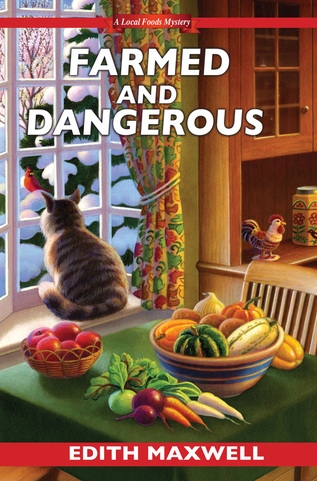 Edith Maxwell writes the Lauren Rousseau mysteries under the pseudonym Tace Baker, in which Quaker linguistics professor Lauren Rousseau solves small-town murders (Barking Rain Press). The second book in the series, Bluffing is Murder, released in November, 2014. Edith holds a doctorate in linguistics and is a long-time member of Amesbury Friends Meeting. When did you know you wanted to become a writer? I've been writing my whole life. Short fiction as a child, then journalism, academic articles, more journalism, and technical writing in the software industry, and now mysteries. Writing fiction makes me the happiest. How did you pick the genre/setting/era you (usually) write in? I love reading traditional mysteries, so it made sense to try my hand at writing them. Three of my series are set north of Boston where I live, and one is set in southern Indiana near where I earned a PhD long ago. Three (not the same three) are contemporary mysteries, two are cozies, and the historical is an amateur sleuth traditional. I chose 1888 to start that series when I read an article in our local newspaper about a fire that burned down much of the world-renowned carriage industry in the town of Amesbury, Massachusetts, where I live. I decided for the first book in the series that my sleuth, Quaker midwife Rose Carroll, would solve the (fictional) mystery of who set the fire and a couple of murders, too. John Greenleaf Whittier was alive at that time, there was a thriving mill industry, and it was an era of great change, with electricity and plumbing coming along, germ theory becoming known and practiced, and women gaining more independence. It was also not that long after the Civil War, and Amesbury was a stop on the Underground Railroad and Quakers were instrumental in that work. It seemed like a perfect era to set stories in. You write mysteries. Does your inspiration begin with the crime, the detective, the setting, or some other place? My characters lead me along, but sometimes a story or a book will be sparked by the crime, and the setting is always important. It's all intertwined. I write about an organic farm, so that sometimes governs what kinds of crimes are committed, and in the Country Store Mysteries, the southern feel of Brown County, Indiana, definitely affects the characters. How did you come up with the idea for your story in History and Mystery, Oh My? I love Rose, my protagonist in the Carriagetown Mysteries series, and her quirky independent friend, postmistress Bertie Winslow, so I wanted to use them in a short story. In the late 1800s, police stayed out of domestic violence cases and, as Rose is a midwife, she sees sometimes sees bruises and marks on her clients' bodies. And then, because it's fiction, I added a fun twist at the end. Did you encounter any obstacles in researching the setting? I've done a lot of research the period surrounding 1888, but I also live in the town where I set these stories and I attend Quaker Meeting in the same meetinghouse where Rose worshipped alongside Whittier. I love walking the streets of my historic city, studying the maps, reading about that era. I haven't yet been able to determine whether modest houses in Rose's neighborhood had indoor plumbing in 1888, but I'm working on it. Do you have some special education that helps you write historical fiction, or do you deal with history in your profession? Neither. I'm an amateur historian. What are you working on now? I'm writing my second Country Store mystery, out from Kensington Publishing in June 2016, tentatively titled Grilled for Murder. Okay, so you're an author. What do you enjoy reading? Mysteries, of course! Mostly cozies and primarily stories written by women with a female protagonist. But I'm also reading Ruth Goodman's How to be a Victorian: A Dawn-to-Dusk Guide to Victorian Life in preparation for writing the second Carriagetown Mystery, which is next up on my schedule. It's a fascinating look into all the details of personal life, from teeth brushing to hair pomades to cooking to underwear. And which of your books comes out next? Farmed and Dangerous, the third Local Foods mystery, will be out in late May, and it's available for preorder at Amazon and Barnes & Noble. Also, my short story, "A Fire in Carriagetown," featuring Rose's niece Faith Baily has been reissued as an ebook on Amazon and Barnes & Noble. |
Welcome!
Mystery and Horror, LLC, is an indie press interested in what the name suggests. Contact us at: [email protected]
Archives
October 2023
Categories
All
|
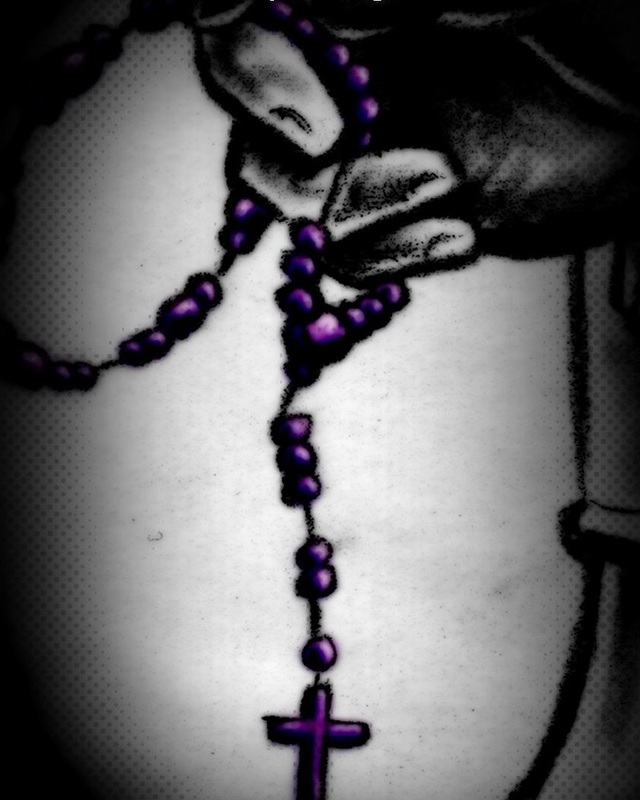
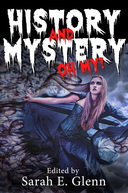
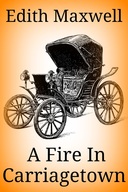
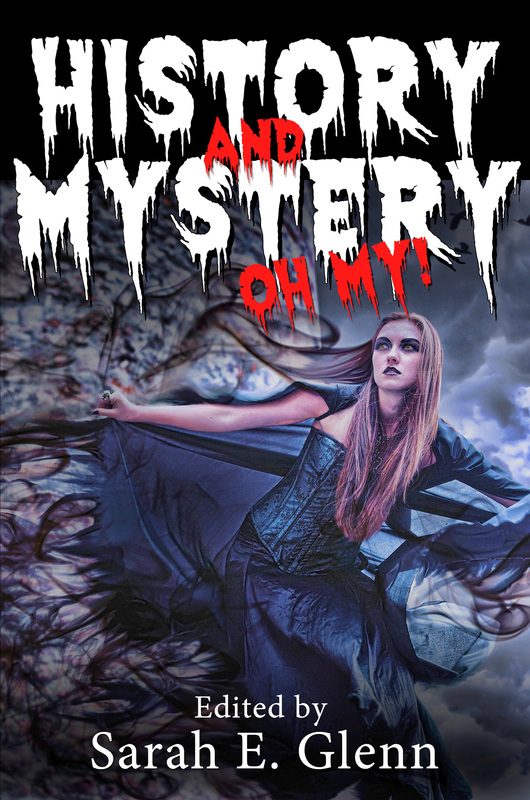
 RSS Feed
RSS Feed